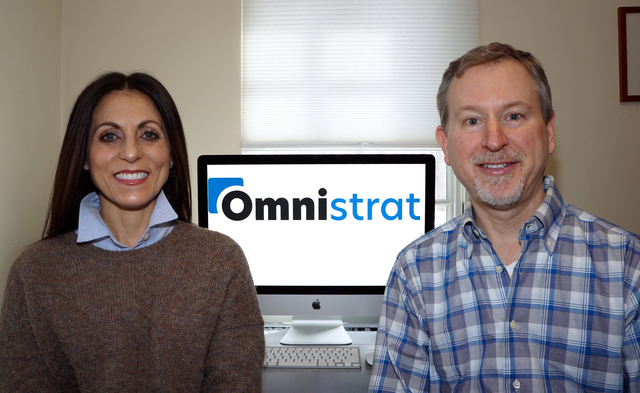How can technology help us maintain independence as we grow older? Shainoor Khoja, CEO and founder of Thriving.AI, has an app for that.
Khoja, an experienced physical therapist who has also taken care of her own mother—from a distance, then in-house after a fall—has witnessed up-close the challenges of aging. It’s isolating, and injuries can go undetected for too long, bringing complications and a slow recovery.
“I thought, this isn’t how I want to age. This isn’t how I want a person I love to age,” she said. She started researching existing technologies that might help in the way she envisioned, but found lots of tools for doctor’s offices and medical billing centers, rather than families and seniors. “They were built to respond to things happening to people, rather than the people being part of the solution,” she said.
Thriving’s app lets seniors, families, and caregivers check in, monitor health and wellness, and offers ideas about connection that go beyond the daily check-in calls familiar to many adults living far from their elderly parents.
“At the heart of an ecosystem is an individual, like my mother, someone who wants to be independent.” said Barrie Hadfield, Thriving’s Chief Technology Officer. “The whole ecosystem works if you can make the center of it work.”
Seniors can use Thriving to connect with family, read articles, get health-related reminders, message their caregivers, and even run through home PT programs. AI baked into the app monitors that senior’s level of activity.
Families can get updates on what the senior is up to, from reading articles that could become conversation starters to check-ins from doctors and in-home care professionals about their family member’s well-being, and mood. Staff at nursing homes and rehabilitation facilities can use the app to send updates to residents’ families and doctors.
Thriving concept-tested the initial version of the app with the U.K.’s National Health Service, and is planning to do a future pilot test with the NHS and a major U.S. care provider. In the U.S., the app would be covered by individual insurance plans, which are interested in tools that can keep populations healthy longer, saving healthcare costs. “The app will pick up on small pieces of information that would lead caregivers to mitigate a larger issue,” said Khoja. “You tackle it earlier rather than someone waiting for it to get really bad, while keeping an open line with their family.”
Massachusetts’ population is aging; according to recent census data, 33 percent of residents are over age 50. The U.S. Census Bureau estimates that more than 25 percent of the state population will be 60 and older by the year 2030. Many of these individuals live alone, or will age in place alone. Khoja hopes Thrive will help keep them connected and healthy. “We’re not looking at a platform for replacing human touch—we’re looking at making human touch easier,” she said.








